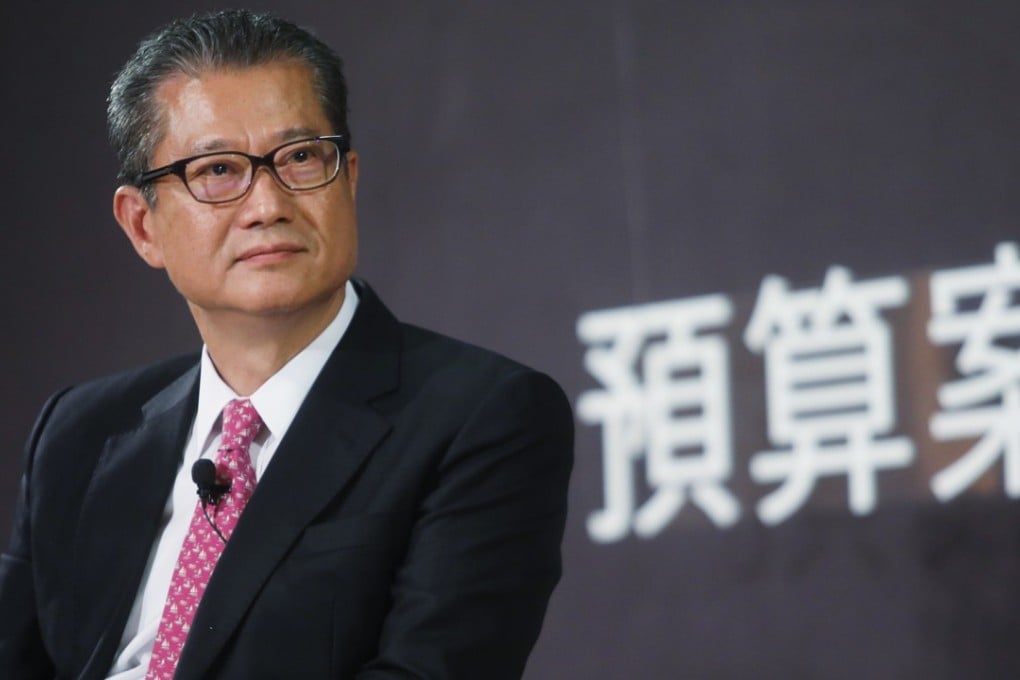My Take | Wealthy not at home with tax on empty Hong Kong flats
Financial chief Paul Chan Mo-po deserves some praise for a politically difficult idea that would mean standing up not only to powerful developers but also many homeowners

It will probably all come to naught but Financial Secretary Paul Chan Mo-po deserves credit for at least talking about taboo ideas to create more homes and address unaffordable housing.
First he wanted to let renters claim tax deductions but said technical computer issues prevented him from doing it in the latest government budget.
Now, he wants to tax owners of empty flats. Housing advocates not tied to the real estate cartels have long raised the idea but successive administrations have refused to even consider it.
As of September 2017, there were 9,000 unsold flats in private developments, of which 31 per cent were in projects completed last year.
This compared with 2,000 unsold flats from projects completed in 2016. Another 43,657 flats, or 3.8 per cent of the city’s total, were vacant in 2016, according to official statistics.
The problem is that such a tax would open a whole can of worms. If you tax empty flats, doesn’t it logically mean you should tax vacant lots owned by developers for years, if not decades?
